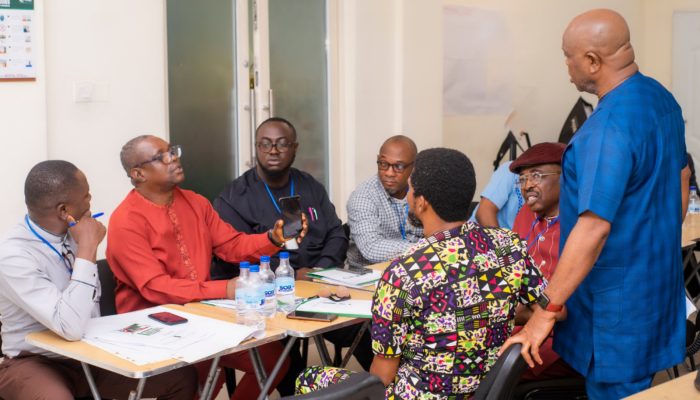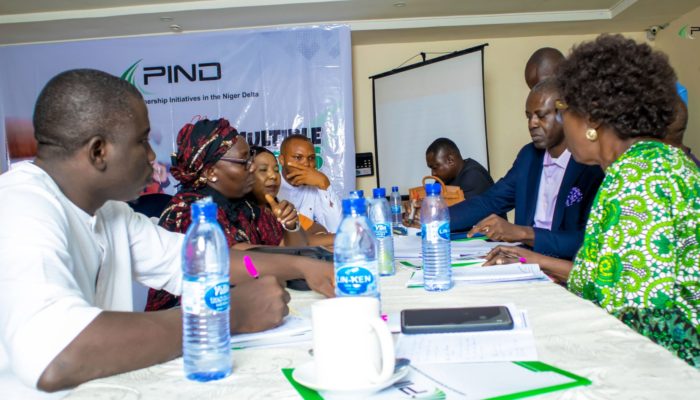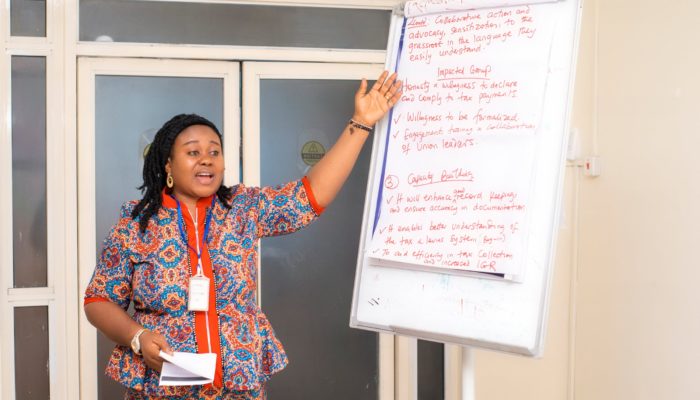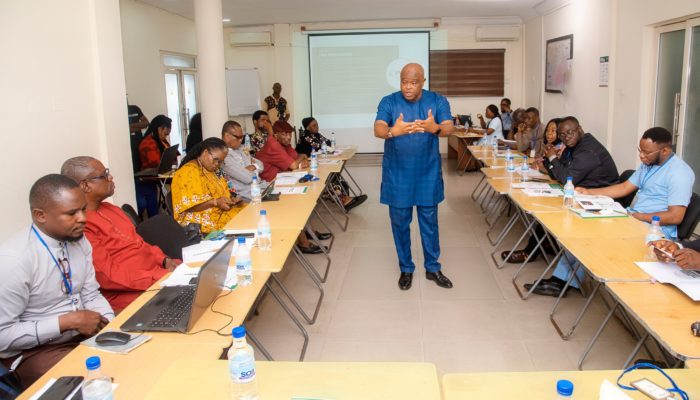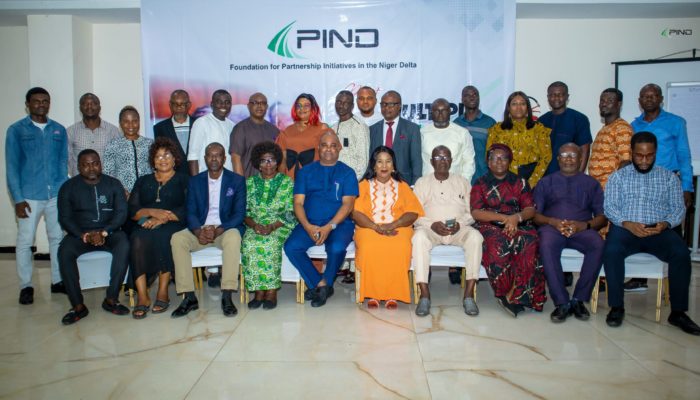In May 2022, the Foundation for Partnership Initiatives in the Niger Delta (PIND) assessed the impact of multiple taxation and illegal levies on Micro, Small, and Medium Enterprises (MSMEs) in the Niger Delta region. The report highlighted the burden of multiple taxation on small businesses, the significant challenges it poses, and its impact on the livelihood of small business owners and the growth of small businesses in the region.
The specific findings presented are:
- The majority of small businesses pay taxes to the three tiers of government at all times.
- Tax administration and collection do not consider the size of a particular business in enforcing payments.
- Tax administrative costs substantially amplify the tax burden on small businesses.
- In most cases, businesses pay the same tax to different arms of the government.
- Multiple taxations affect the growth and survival of small businesses negatively.
- The presence of mobile fees and indiscriminate levies exacts punitive effects on traders and their trading activities across local and state boundaries.
- Road levies and charges prevent the development of cross-state value-chains and cause a segmentation.
- The three tiers of government are exploiting the current tax base and lack coordination of tax administration to the detriment of small businesses.
To amplify the issues raised in this report and to get feedback from key stakeholders on its findings, PIND organized two validation sessions in Port Harcourt, Rivers State, and Asaba, Delta State, in September and October 2023. The sessions involved stakeholders from various sectors, including small business owners, government authorities, tax agencies, traders’ groups, civil society groups, and NGOs.
The validation sessions included the following key components:
- Presentation of the draft report, followed by a feedback session.
- Breakout sessions with diverse stakeholder groups to answer specific questions about tax relief, tax regulation harmonization, digitization of tax administration, and capacity-building of the enforcement agency staff.
- The use of questionnaires to gather feedback from participants which was then analyzed to enhance the report.
The findings and recommendations were presented with robust feedback from participants who corroborated many of the findings with first-hand accounts and case studies. Recommendations were also made to amend a few sections of the report to reflect recent developments and policy changes.
Participants engaged in breakout sessions, addressing tax relief, tax regulation harmonization, and capacity-building questions. They identified illegal levies, discussed streamlining taxes, emphasizing fair tax collection, and the importance of digitization of the tax system and training and capacity building for tax collectors. They also suggested tax holidays for new businesses and interest-free loans for MSMEs.
These sessions provided valuable insights and feedback for refining the report’s findings and recommendations, ensuring they are comprehensive and actionable and a final report produced.
PIND also has plans to host a multi-stakeholder dialogue on Tax reforms in Rivers State in November 2023.

